Empowering Organizations to Navigate Data Privacy Compliance in the Digital Landscape
In today's rapidly evolving digital landscape, the emergence of the Digital Personal Data Protection Act (DPDPA) in India has sparked discussions and deliberations among stakeholders regarding its implications for businesses, consumers, and the internet ecosystem at large. In response to this paradigm shift, the Advertising Standards Council of India (ASCI), in collaboration with legal firm Lexplosion, recently unveiled a groundbreaking whitepaper titled "Privacy & Progress: Pillars of Digital Bharat." This whitepaper, unveiled at a notable event in Mumbai, serves as a beacon of actionable knowledge, aiming to empower stakeholders with insights into navigating the complexities of data privacy compliance under the DPDP Act.
At the forefront of these discussions with Adgully, Manisha Kapoor, a distinguished expert in data privacy compliance, whose insights shed light on the imperative for organizations to proactively engage with the challenges posed by the DPDP Act. Kapoor stresses the importance of initiating the journey towards compliance, urging organizations not to be overwhelmed but rather to take the first steps in evaluating their current practices and charting a pathway to adaptation.
Navigating Data Privacy Compliance Under the DPDP Act: A Journey of Learning and Adaptation
Manisha Kapoor, a leading expert in data privacy compliance, emphasizes the importance of organizations taking proactive steps to understand and adapt to the complexities of the Digital Personal Data Protection Act (DPDPA). She acknowledges that while the rules are yet to be fully outlined, organizations must initiate the process of examining their current practices and assessing the pathway to compliance. Kapoor encourages organizations not to feel overwhelmed but rather to take the first step towards understanding and implementing necessary changes.
Fostering a Culture of Data Privacy Through Education and Awareness
Kapoor underscores the significance of ongoing education and awareness initiatives in promoting a culture of data privacy and protection in India. She highlights the critical role of events like the release of the whitepaper "Privacy & Progress: Pillars of Digital Bharat," along with various conversations and discussions among stakeholders. Kapoor also stresses the need for companies to invest in training not only their own personnel but also third-party entities involved in data management. Additionally, she advocates for industry bodies and governmental institutions to play an active role in educating individuals about the implications of the DPDP Act and the tools available for compliance.
Transitioning from Informed to Meaningful Consent: Strategies for User Understanding
In addressing the transition from informed to meaningful consent, Kapoor outlines key strategies and best practices. She emphasizes that organizations bear the responsibility of ensuring simplicity in their consent mechanisms, making it easier for consumers to understand the implications of their data sharing decisions. Kapoor also discusses the concept of privacy by design technologies, envisioning a future where consent seamlessly integrates into user experiences. She highlights the importance of technological advancements that embed consent mechanisms into everyday interactions, reducing the burden on users to repeatedly grant consent.
Through her insights, Manisha Kapoor provides guidance to organizations navigating the landscape of data privacy compliance, advocating for a proactive approach, ongoing education, and user-centric design principles to foster a culture of trust and compliance in the evolving digital ecosystem.




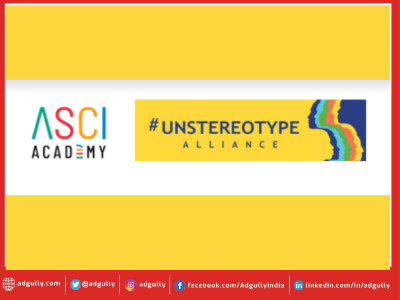

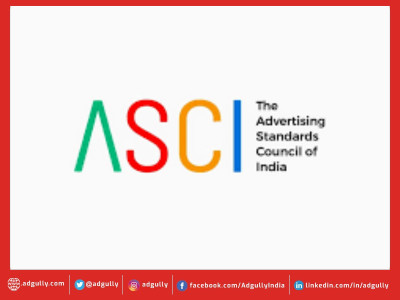
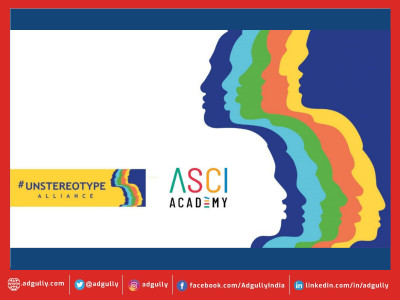


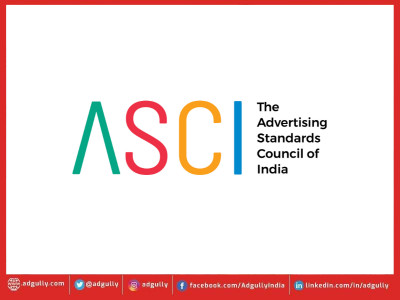


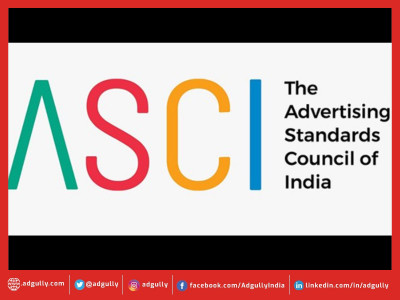
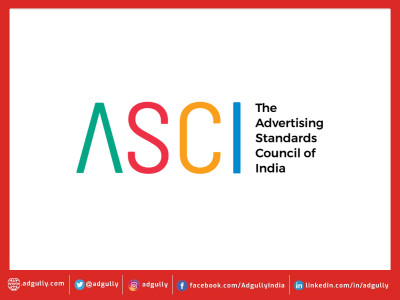



Share
Facebook
YouTube
Tweet
Twitter
LinkedIn